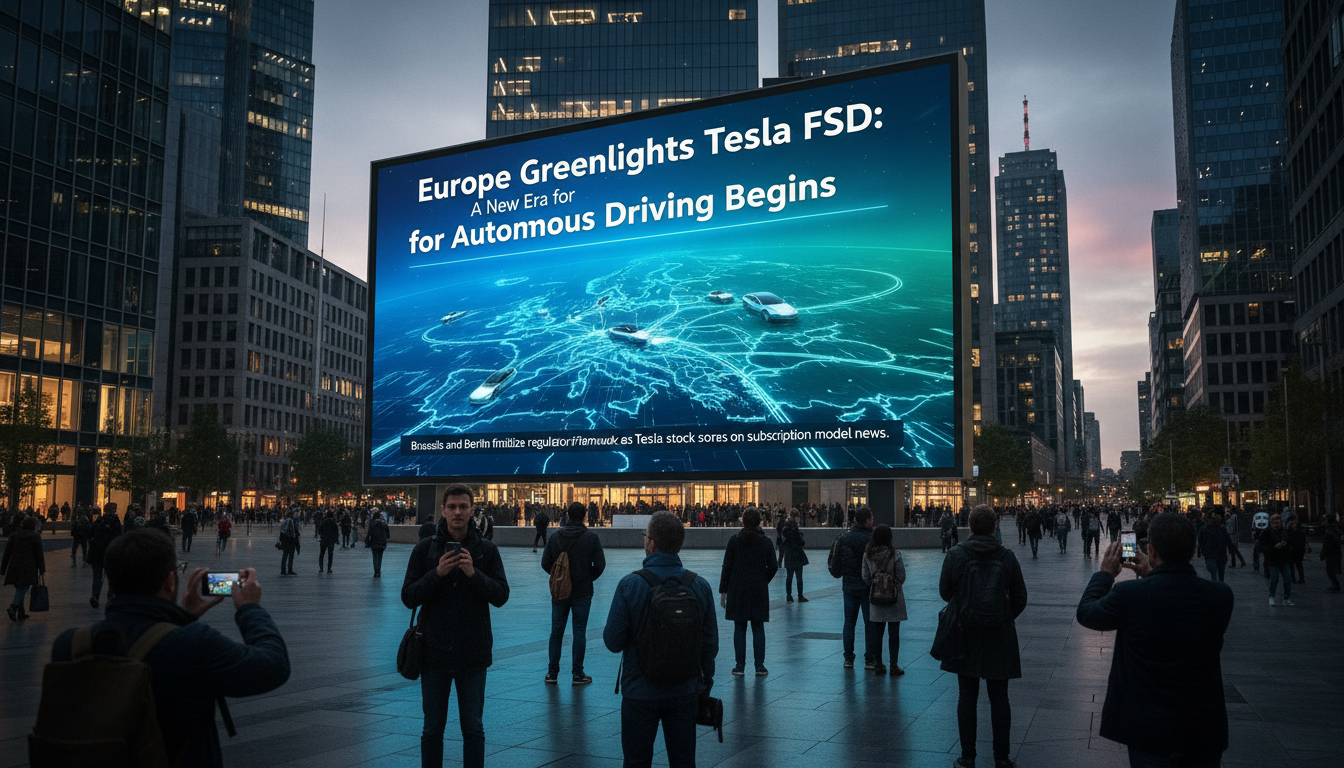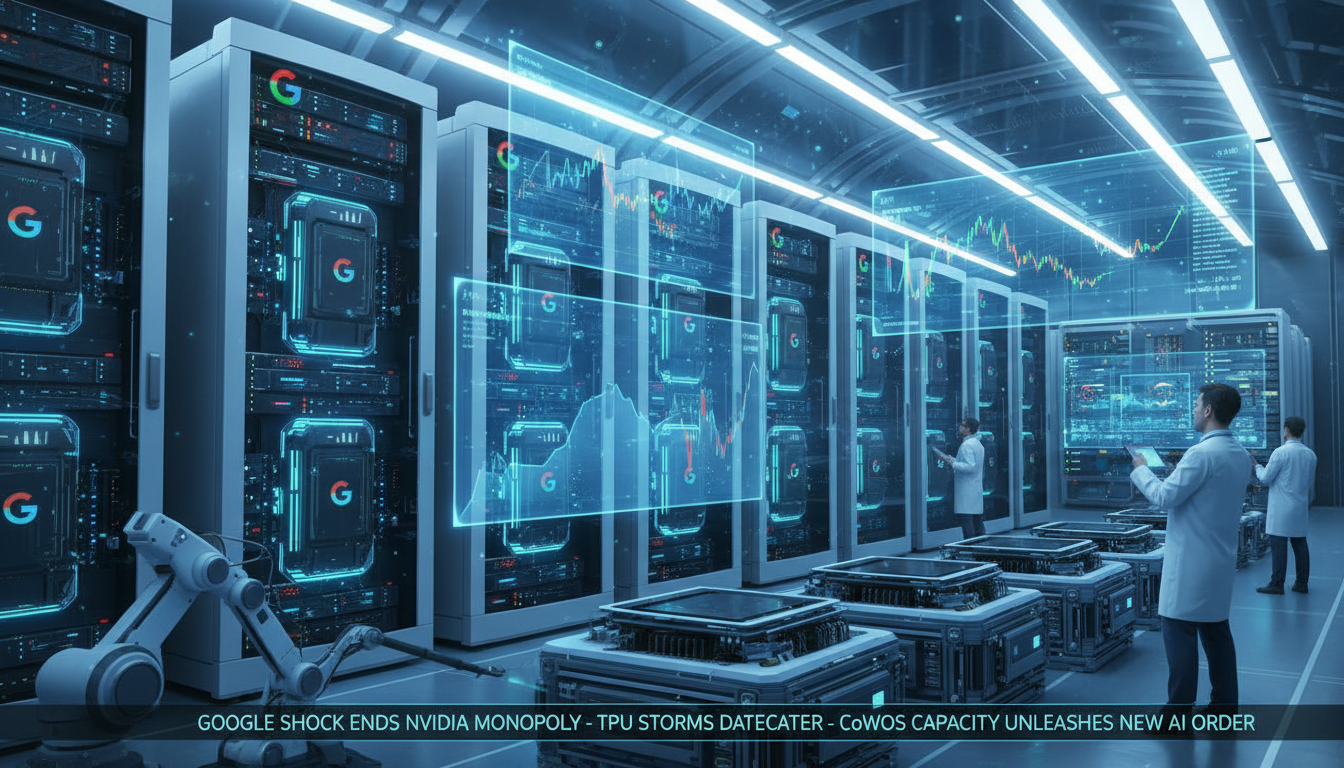● Korea’s-Last-Chance
2025, The Last Chance for the Korean Economy: The Arctic Route as a Civilization-Changing Game Changer
Preview of Key Points to be Covered in This Article
– Diagnosis of the long-term and short-term crises of the Korean economy and the causes of the decline in global rankings
– The geopolitical curse and resource-poor structure, and how the Arctic route will change the game
– Why the opening of the Arctic route will be a catalyst for the Fourth Industrial Revolution
– Explanation of the megatrends that the Arctic route is changing in industry, energy, military, and finance
– The basis for the new growth momentum concentrated in the Busan and Gyeongnam regions
– Geopolitical strategy where the Arctic route and the Korean Peninsula, the United States, China, and Russia interlock
– Concrete strategies for how to create Korea’s own national wealth leverage
Economic Status and Background of the Crisis in 2025
– There was the Miracle on the Han River and a myth of growth, but the growth rate has steadily declined under every government over the past 30 years.
– The IMF recently significantly lowered Korea’s growth forecast to 1%. This is the largest drop since the global financial crisis.
– Korea’s per capita income ranking is expected to fall from 2nd in the world in 2050 to the 20th range in 2075.
– The reasons for the economic downturn are ➀ weakened competitiveness in advanced digital and platform industries ➁ pursuit by China and other countries in key industries such as semiconductors and shipbuilding ➂ population decline due to extreme low birth rate.
– The global economic downturn and external uncertainties (Russia-Ukraine war, US-China hegemonic conflict) are direct risks.
Geopolitical Curse and the Fateful Limitations of the Korean Economy
– The Korean Peninsula is a ‘coastal country’ and has always been invaded by island nations (Japan) and continental powers (China and Russia) between the sea and the continent.
– Resource-poor structure: Nearly 100% import dependence on key resources such as oil and gas, and changes in global maritime routes are directly linked to economic survival.
– The existing Suez Canal, Malacca Strait, and South China Sea routes are at the forefront of threats of conflict, terrorism, and war. Actual simulation results show that Korea will be the second hardest hit economically in the world in the event of a China-Taiwan conflict.
Civilizational Meaning and Structural Revolution of the Opening of the Arctic Route
– History changes when the path changes. Atlantic route in the Age of Exploration → Industrial Revolution, Triangular Trade → Slavery → The birth of modern manufacturing and finance from sugar processing.
– The opening of the Arctic route is more than just a transportation innovation; it is becoming the core infrastructure of the Fourth Industrial Revolution.
– Mass container transportation is undergoing a major transformation in line with the information and customized production mode (personalized delivery, etc.), resolving existing logistics bottlenecks.
– Based on Busan-Rotterdam, the Arctic route reduces transportation distance by at least 30~40%, shortens time, and creates demand for port infrastructure innovation.
– A super-large structural shift in which the world’s cargo volume, energy flow, and supply chain are reorganized around the Arctic route has just reached the starting point.
Energy, Finance, Military, and the Direction of Reorganization of Hegemonic Order
– Stable resource procurement is possible by linking Russia’s large-scale oil and LNG and pipelines adjacent to the Arctic Sea with Busan Port.
– Secure a continuous energy supply chain regardless of the future decline of the US maritime hegemony, the shale revolution, and unrest in the Middle East.
– The four-way structure of the United States, China, Russia, and Japan is linked to the geopolitical value of Busan and Gyeongnam, expanding our choices and leverage.
– Military and security also diversify national risks by diversifying military options on the Korean Peninsula through a four-way intersection strategy from the existing US-China binary choice structure.
Busan, Ulsan, and Gyeongnam, Hubs for Future Growth
– The first border port connected to the Arctic Route, the best location at the intersection of Europe, North America, and Northeast Asia.
– Poised to become a key node in the global value chain by pre-positioning existing maximum port infrastructure + marine finance + new technology.
– Policies for financial/shipping/logistics clustering of Singapore and Rotterdam types are needed.
– Secure realistic grounds to become a new growth triangle integrating industry, technology, finance, and military.
National Wealth Creation Formula: Korean-style Value Creation Strategy through ‘Base Ports’
– Anyone can use the Trans-Arctic route, but the port base (hub) can exclusively create high added value for that country.
– If you have championship with Mega Port such as Busan, it is possible to base Global Financial Hub, technology innovation complex, secondary and quaternary industry value chains.
Crisis and Opportunity, Korea’s Last Choice
– In the future, the United States, Russia, China, and Japan will compete and cooperate, diversifying the front lines, and we must create a Korean Peninsula network in the middle that can regain economic leadership.
– Building industrial, financial, energy, and military nodes fused with the Arctic route is the biggest turning point that will determine the fate of the Korean economy in 20 to 30 years.
Despite the domestic and international crises and low-growth trap in 2025, the opening of the Arctic route is emerging as a unique leverage for Korea’s industrial paradigm, energy, military, and financial restructuring. A strategy for growing the Busan, Ulsan, and Gyeongnam areas into hubs and creating national wealth based on base ports must be carried out in parallel to transform the geopolitical curse into a structural opportunity. The Arctic route is a civilization-changing game changer, and it is reaffirmed that it is Korea’s almost last card.
2025 Korean Economy at a Crossroads of Arctic Route and Geopolitics
In 2025, the Korean economy is facing extreme low growth and a structural crisis. With low birth rates, shrinking high-tech industries, limitations of resource-poor countries, and the US-China hegemonic conflict overlapping, the decline in global rankings is clear. However, the civilizational transition of the opening of the Arctic route has arrived. A new path that replaces existing maritime transport risks is opening, laying the foundation for the Fourth Industrial Revolution, energy stability, and restructuring of all core industrial structures such as military and finance. In particular, Busan, Ulsan, and Gyeongnam will become key nodes for creating national wealth as industrial, technological, financial, and logistics hubs and base ports. We have passed the biggest turning point where the strategy for national wealth, energy, and financial hegemonic restructuring and Korea’s choices will unfold in a completely different way than before.
[Related Articles…]
- Arctic Route, is the Northeast Asian New Logistics War a Fantasy or Reality?
- The Future of the Korean Economy, How to Prepare for the Era of Energy Innovation
*YouTube Source: [경제 읽어주는 남자(김광석TV)]
– [풀버전] 한반도의 판도를 바꿀 기회가 왔다. “이 기회 놓치면, 한국은 답이 없습니다” | 경읽남과 토론합시다 | 김태유 교수



